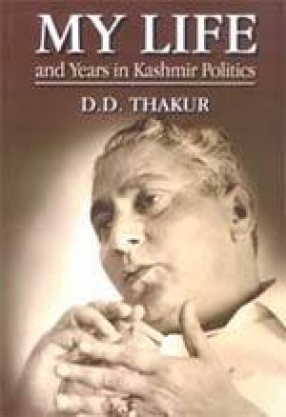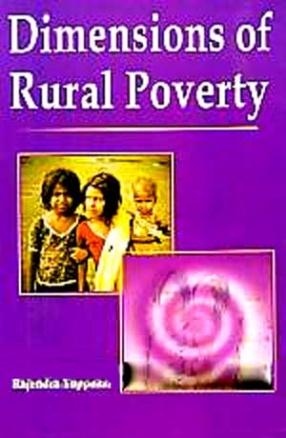The book traces the vicissituades of an eventful life that started in the backwoods of what was a princely state in Northern India. It chronicles the events that culminated in the tribal aggression and Pak-occupation of a part of the State territory followed by accession to India and the emergence of popular rule in the State. It describes the stages through which democracy and democratic institutions in the state passed and finally languished. It gives a ringside view of the political developments in the State post-independence, especially the Kashmir Accord between Indira Gandhi and Sheikh Mohd. Abdullah and its political fallout in the State. An autobiography by a man who played a constructive and pivotal role for a better understanding between the leadership in Kashmir and their counterparts in New Delhi – the book sheds considerable light on matters that have so far remained obscure. At the national level, the author’s interaction with the leaders of the post-independence era, events and anecdotes connected with them provides an insight into the contemporary political thought and compulsions. Farooq Abdullah’s rise and fall in Kashmir politics and the circumstances that led to his dismissal in 1984, have been described by an insider who played a major role in the events leading to the split of the National Conference and installation of G.M. Shah-led Ministry in the State. The focus briefly moves to the troubled State of Assam, and his understating of the nature and magnitude of the problem bring to public domain considerable information that was hitherto unknown.
Dimensions of Rural Poverty
$38.70
$43.00





There are no reviews yet.